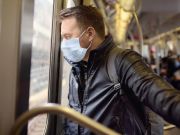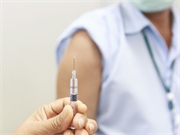
The coronavirus pandemic could cause short-term decreases in life expectancy in many parts of the world, according to a new study. Using a computer model, the researchers concluded that infection rates of only 2% could cause a drop in life expectancy in countries where average life expectancy is high (about 80 years). At higher infection… read on >




























